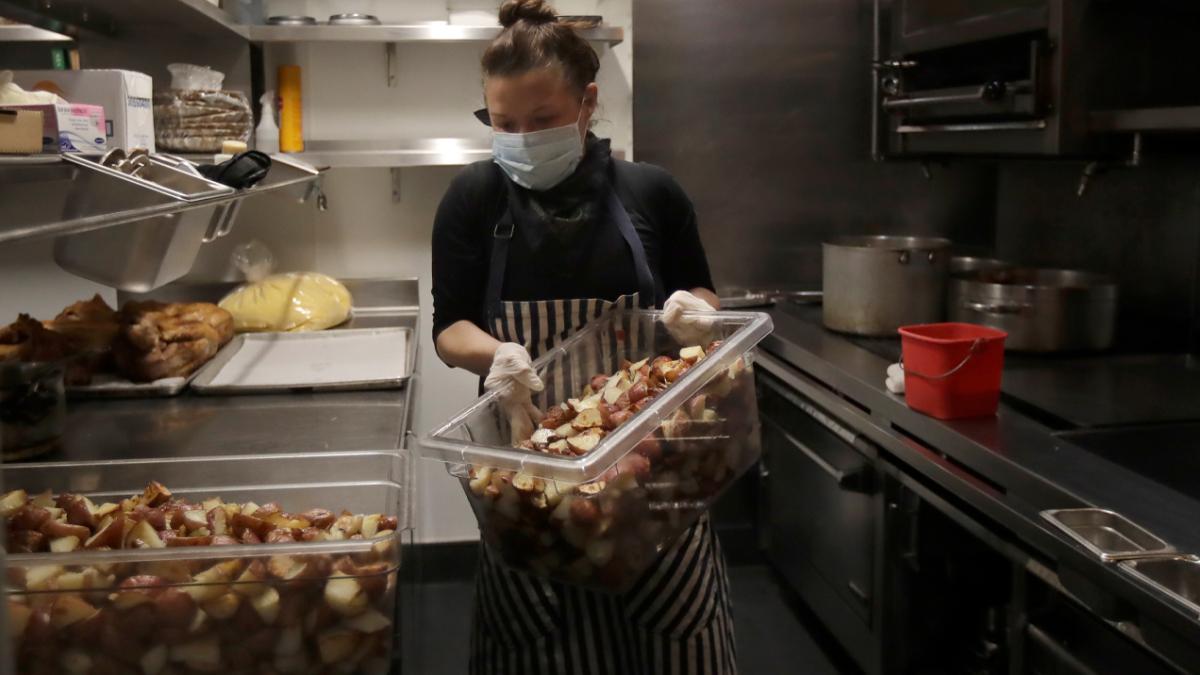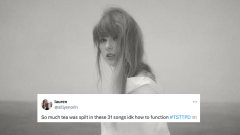
Workers on temporary visas have been left feeling abandoned by the government during the coronavirus pandemic. While the government has introduced sweeping income support packages for Australians, almost 10% of the workforce who are on visas get nothing.
The government was blunt in its stance towards these workers over the weekend.
“As much as it’s lovely to have visitors to Australia in good times, at times like this, if you are a visitor in this country, it is time [ …] to make your way home,” Prime Minister Scott Morrison said on Saturday.
For international students, people on working holiday visas, or Kiwis living in Australia on special category visas, packing up is not so simple and many are reluctant to give up their life in Australia.
Around half of the 565,000 student visa holders in Australia work, according to the government. One of them is Khushhal, who arrived in Australia in January and worked as a pub kitchen hand as well as at a convenience store in Sydney.
The coronavirus pandemic has caused him to lose his shifts at both jobs. Now, the 19-year old IT student says he can’t cover rent anymore and is forced to get groceries from his Gurdwara, a Sikh place of worship.
“We will die hungry, with no money,” he said.
Student visas require a guarantee of funds for at least the first year of study, something which Scott Morrison reiterated to the ire of many international students. However, Khushhal says while he’s sponsored by his family back home, he’s unable to receive funds due to the complete lockdown in India.
Although banks are still open as an essential service, they are currently operating under strain and reduced opening hours, making international transfers more difficult. A streak of banking holidays in early April have compounded this situation.
“We have been supporting the government by paying tax, but now I think: why should I pay the tax?” he said.
Ahmed, from Pakistan, tells a similar story. The 25-year-old was working at a recruitment company while studying his masters in business information systems. As projects at the company dried, Ahmed lost his job. He too cannot fall back on the funds he showed when he applied for his visa.
“The problem is, because this is a global crisis, that big deposit is going to be used in my home country as well, because my family’s over there,” he said.
“To be honest it’s not just about losing a job – there’s a panic in the air.”
Many international students say they cannot afford course fees in the long term, but dropping classes is not always an option because it could affect their visas. While the government says it will make concessions to students who are unable to attend classes (which is a condition of their visa), many believe online classes will prevent them from pausing their studies.
Some universities have offered students the option to pay installments, but other have not. Several students told PEDESTRIAN.TV they are lobbying for a fee reduction due to the switch to online classes.
For the 118,000 people on working holiday visas, the situation is similarly dire. Marianka worked as an events coordinator in Melbourne, until the coronavirus pandemic caused almost all events to be postponed. The 31-year-old Polish national said the Prime Minister’s comments hurt.
“It was pretty devastating, the way he talked about it lacked empathy,” she said.
“It’s like, ‘if you don’t have money, go home’.”
She says her savings won’t last more than a few months, and returning to Poland is tricky due to a lack of flights.
“The economy needs foreigners as well, and I wonder what’s going to happen to Australia after everybody leaves and the borders will remain shut for much longer, and there won’t be any new people coming in,” she said.
“I love Australia and wanted to settle down here for a while now, but I don’t think that’s the case anymore, because the government is making me feel so unwanted.”
Over the weekend, the government introduced provisions for certain visa holders. Those working in essential services such as healthcare, agriculture or food processing will be allowed to work with fewer restrictions and allowed to extend their visa. Some visa holders will also be allowed to dip into their superannuation.
Gorgia is a Kiwi who has been in Australia on a special category visa for nine years. The 672,000 Kiwis in Australia on such visas are not entitled to Centrelink payments until after they’ve been in the country for 10 years.
The 25-year-old works in advertising, and says she’s worried for her job because “as soon as there’s any kind of disaster, everyone pulls their budgets.”
“I’ve been in Sydney for ages now. I actually can’t see myself going anywhere else, so it’s sad to think that I might have to leave because there’s not a support here for me,” she said.
“I’ve put forward a lot into this country and so I think that I deserve a little bit back.”
On Saturday, the government announced that Kiwis in Gorgia’s situation would be eligible for the JobKeeper payment. However, those who are already unemployed will not be eligible for the JobSeeker payment from Centrelink.
Even getting home is a challenge in itself, and not always a viable option. Amin considers himself lucky. The 31-year-old worked in the cosmetics section of a department store in Melbourne. When his boss gave him advance notice that his shifts were about to end, and a relative it the aviation industry warned him that flights were being cancelled, he decided to return to Singapore as quickly possible.
Within 48 hours, he says he booked seven flights because they kept getting cancelled. He eventually made it home and says he wouldn’t have been able to survive if he remained in Australia without an income.
“I did feel a bit disappointed, I mean we pay tax, we go to work, we contribute to the economy,” he said.
Everyone PEDESTRIAN.TV spoke to said they never expected to receive the same support as Australian citizens, but they did hope for some kind of lifeline from the government in order to stay afloat.
“Obviously, we’re not expecting permanent residence or unrealistic demands, we totally understand that,” said Ahmed.
“But at least, you just can’t let us go. I mean, you can’t say that if you’re not working, you can go back to your home country. That’s pretty insane to say, at least in this particular crisis situation.”







